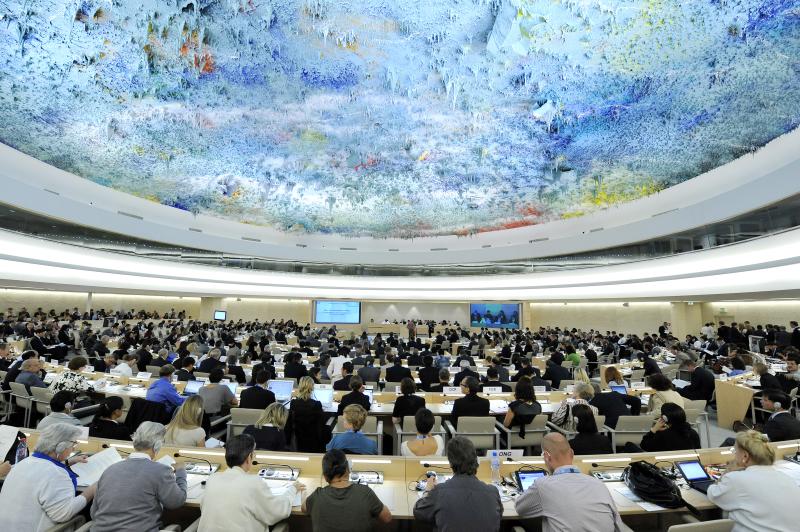Denmark and its “hygge” lifestyle rarely comes to mind when discussing human rights violations. And yet, a recent shadow report prepared by EuroMed Rights and 25 other civil society organisations ahead of Denmark’s Universal Periodic Review in May 2021 at the United Nations reveals issues that need to be promptly addressed.
The report puts forward recommendations across 41 key areas of concern that need to be promptly addressed, three of which are highlighted below.
Firstly, Denmark must do better regarding gender-based violence. Denmark’s femicide rate is among the highest in Europe; femicide committed by partner is the single most common homicide in Denmark. Yet, current Danish legislation does not acknowledge the gendered nature of this type of violence.
Secondly, urgent action is needed to tackle discrimination based on ethnicity and socio-economic status. Denmark does not have a comprehensive anti-discrimination legislation. This is despite the fact that discrimination against minorities remains widespread. Many immigrants and descendants from ‘non-Western’ countries face obstacles when trying to enter the Danish labour and housing markets due to, amongst others, lower levels of education on average, language barriers, less job experience (especially among women) and poorer health conditions. Reports of hate crimes, particularly those related to ethnicity or religion, rose by 27% between 2018 and 2019.
Large urban areas have been categorised as “underprivileged neighbourhoods” since 2010, based on criteria such as rates of unemployment, crime rate and migration background. Social housing will be gradually reduced in those areas. This particularly stigmatises people from minority ethnic backgrounds and fuels racial prejudice and intolerance.
In 2015, the Danish government abolished the national poverty line, therefore getting rid of any mechanism to measure poverty. But administratively abolishing poverty does not solve the issue: based on the OECD definition of poverty, 16.3% of the adult Danish population were at risk of poverty and social exclusion in 2019.
Thirdly, refugees and asylum-seekers are denied their right to family life and adequate social protection. Family reunification has become more difficult, residence permits are issued for much shorter periods than previously and social benefits for refugees have been cut in recent years. This puts refugee families increasingly at risk of poverty.

